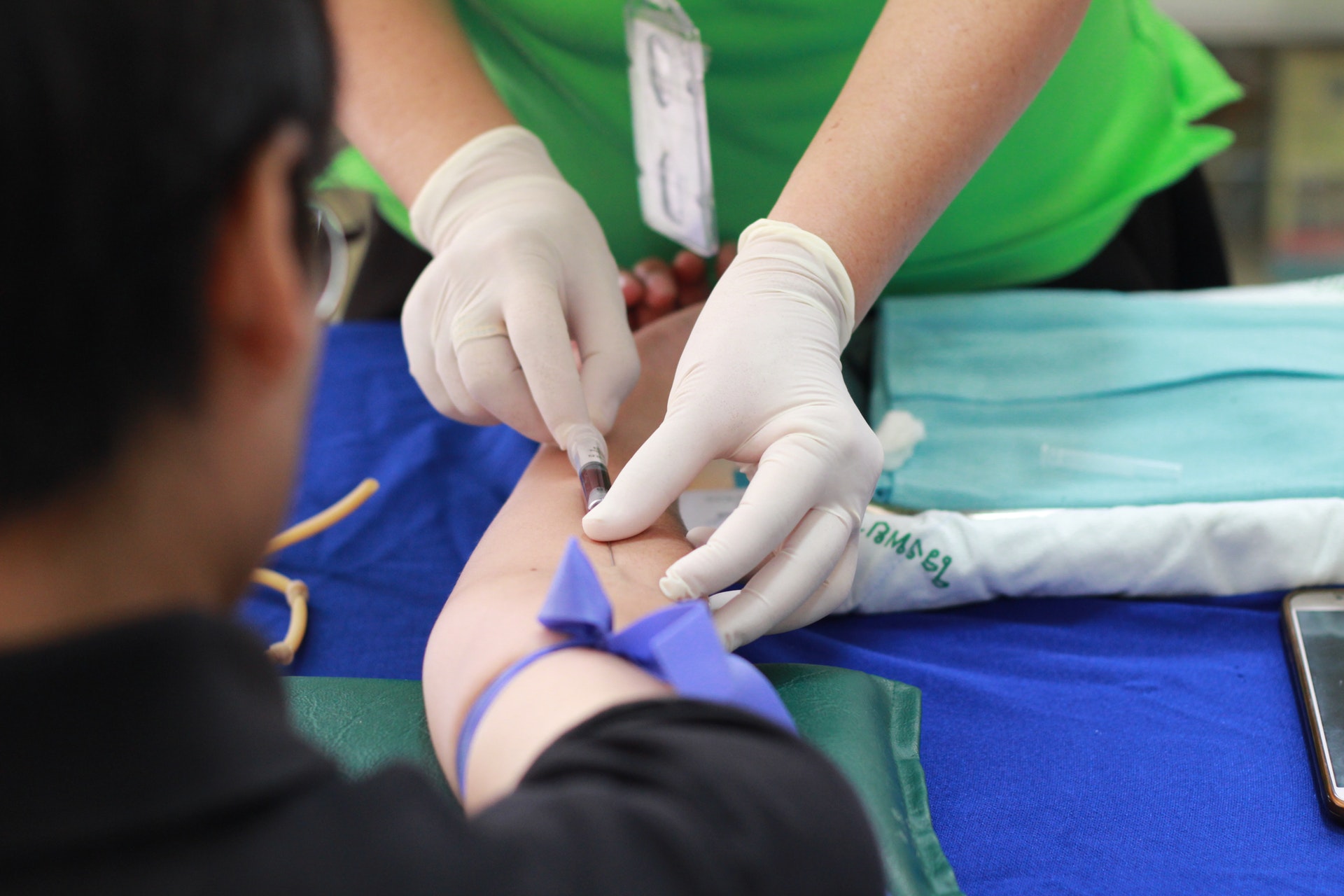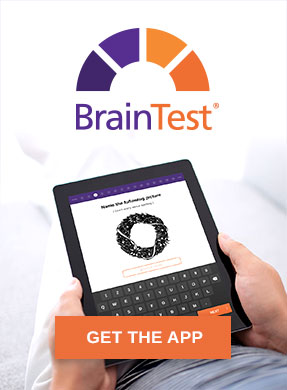
This Cost-Effective, Scalable Blood Test Can Detect the Early Build-Up of Amyloid Beta
When it comes to neurodegenerative conditions such as Alzheimer’s, early diagnosis is critical. Although this disease can only truly be diagnosed after death, there are indicators that specialists look for while a patient is still alive.
One of those hallmarks is the presence of amyloid beta, a defective protein that causes plaques to form in the brain. Based on a new blood test, it may be possible to detect the early build-up of this protein. With an impressive accuracy rate, this test could dramatically alter how we approach the diagnostic process.
A Blood Test Could Alter Early Treatment Techniques
Currently, the only tests to detect amyloid beta are expensive and invasive. These include a PET scan, costing upwards of $3500 – or the extraction of cerebrospinal fluid, otherwise known as a spinal tap. However, this may all change.
Researchers from Australia and Japan have found that the precursor molecules that eventually form amyloid beta can be detected in the blood. Yielding a 90 percent accuracy, the researchers believe that this test could influence earlier treatment options. Some researchers have even referred to this blood test as the “holy grail” of Alzheimer’s research.
It is important to note that just because an individual displays a build-up of amyloid beta, does not indicate that Alzheimer’s is to blame. This is why researchers plan to validate their findings by testing a larger pool of patients.
To summarize:
- 373 Japanese and Australian patients were studied. These individuals were either cognitively normal, were living with mild cognitive impairment, or had been diagnosed with Alzheimer’s disease.
- As published in Nature, the researchers checked the accuracy of this blood test using spinal fluid measurements and PET scans. Being accurate nine times out of 10, this test demonstrates real potential.
- Not only is this test more cost-effective, but it is also scalable.
The Importance of Early Diagnosis
With an estimated 5.5 million Americans living with Alzheimer’s, it is critical that we focus on preventative measures. For those who display early warning signs, early diagnosis is imperative.
Some of the benefits include:
- Accessibility to drug and non-drug therapies in a timely manner. Depending on the individual circumstances, this can significantly improve cognition and quality of life.
- Being able to adjust and actively plan. Family members can also seek practical advice and support.
- Therapeutic interventions are improving, targeting symptoms of depression and poor cognition while delaying institutionalization. The goal is to help patients maintain independence for as long as possible.
- If left undetected, individuals can increase their risk of medication errors, automobile accidents, and other safety concerns.
This is why BrainTest has focused on helping individuals better assess and monitor cognition. Self-administered, this test can be completed in the comfort of your home. Once you receive your results, you can then discuss your baseline report card with a physician.
Please note, this test does not diagnose dementia — it simply assesses possible cognitive impairment.
Know the Signs

Each individual case is unique, which is why you should know the possible warning signs of Alzheimer’s. Of course, memory loss that begins to disrupt daily life is one of the key symptoms, but you may also:
- Experience issues with planning and problem-solving.
- Struggle to complete once familiar tasks, either at home or at work.
- Become confused about the passage of time or your location.
- Have difficulty communicating, especially in terms of your vocabulary.
- Withdraw from social situations.
If you or your loved one have been experiencing any of the symptoms above, please seek a professional opinion. There is a wide range of conditions that can cause confusion, including nutritional deficiencies. A physician will help you rule out possible causes so that you can reach a timely and accurate diagnosis.
To uncover more information on early warning signs and the diagnostic process, please refer to our Knowledge Center.
Related: